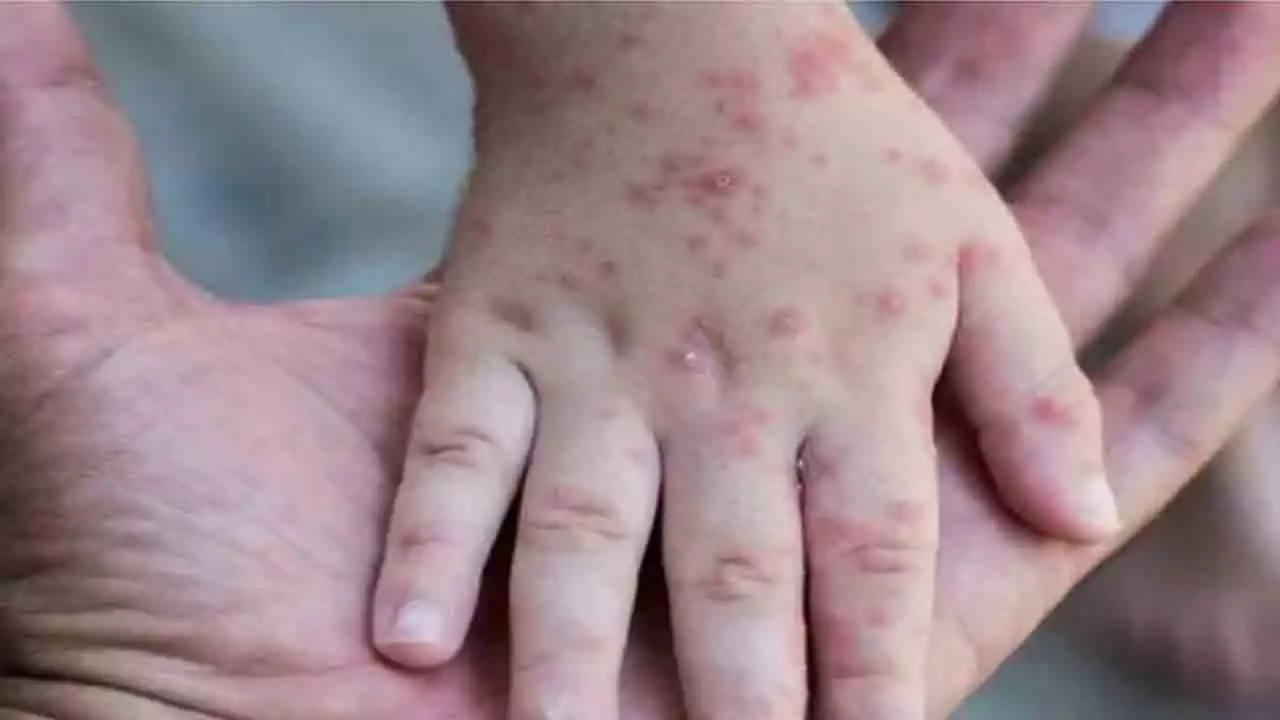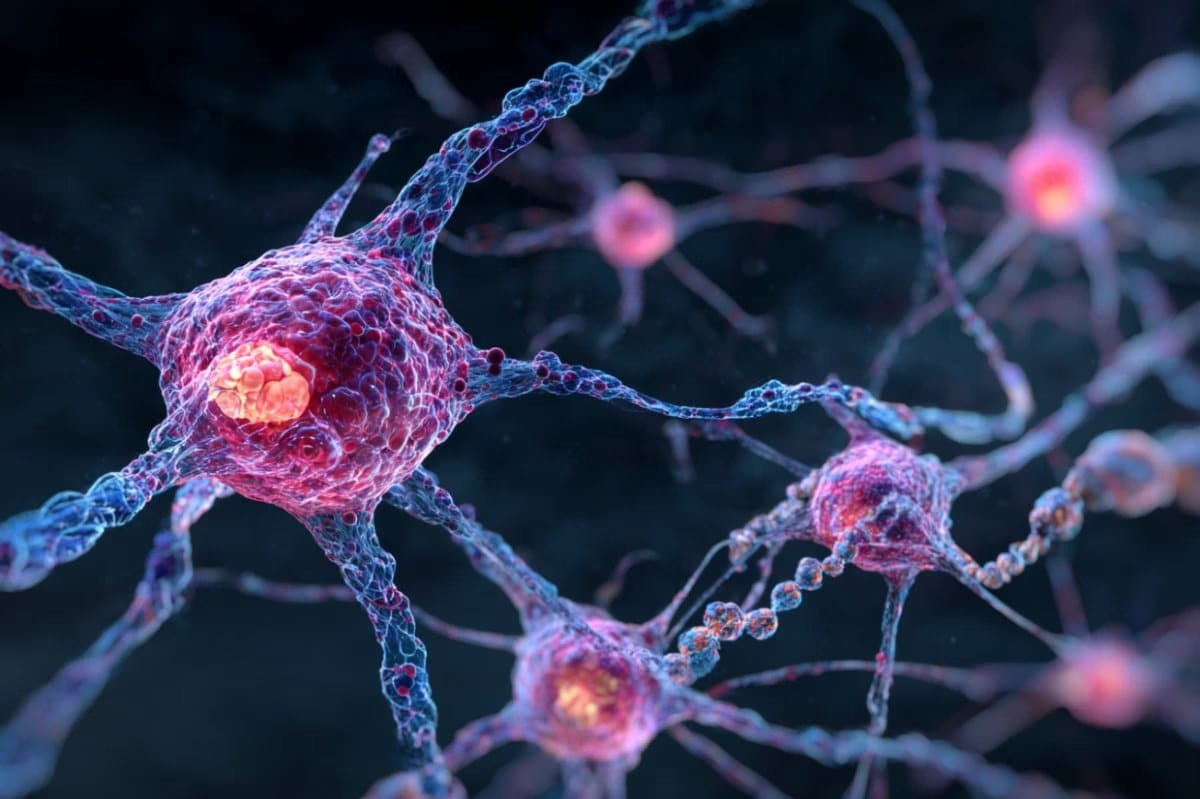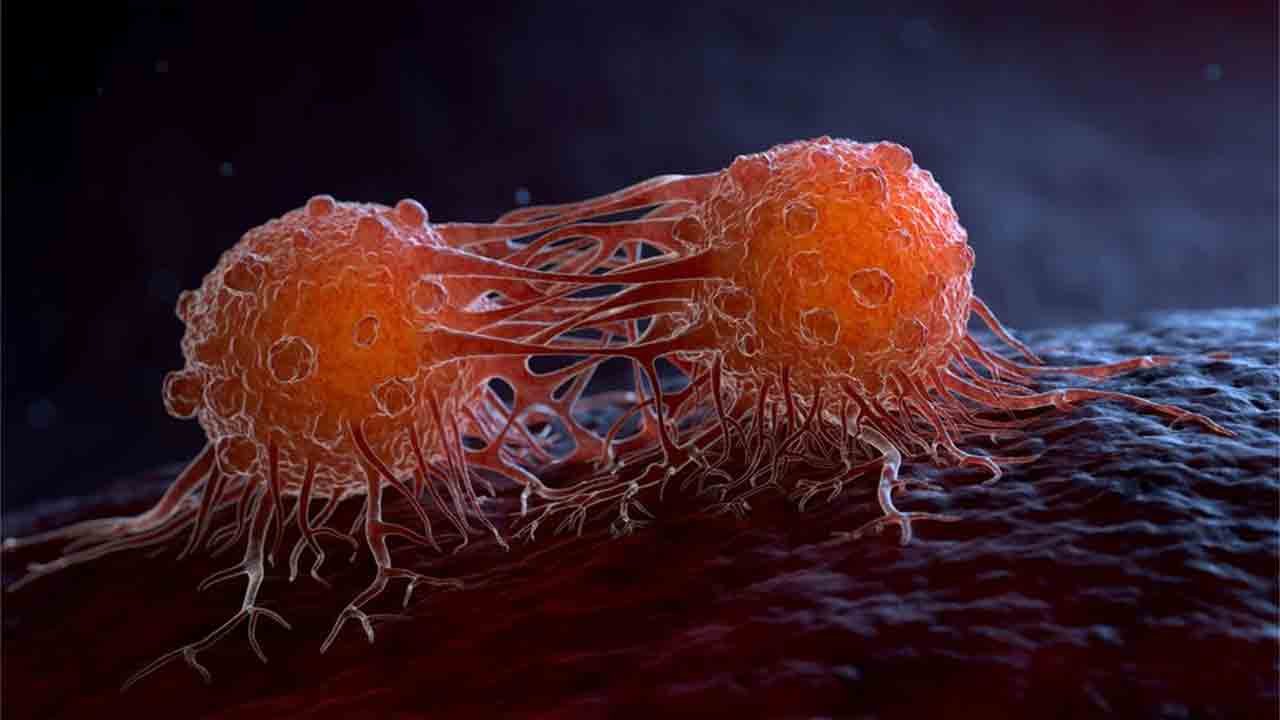The Punjab government has taken a proactive step in addressing the rising concerns over monkeypox by establishing a specialized technical committee under the leadership of former caretaker health minister Dr. Javed Akram. This move comes in response to the global resurgence of monkeypox cases and the potential threat it poses to public health in the region. The committee, comprising 20 senior members from the health department, is tasked with formulating and implementing strategies to prevent, diagnose, and treat monkeypox in Punjab.
Composition and Role of the Technical Committee
The technical committee is a multidisciplinary body that includes experts from various fields within the health sector. Members of the committee include representatives from Border Health Services, UNICEF, the World Health Organization (WHO), as well as senior professors specializing in skin diseases, medicine, and microbiology. Additionally, key figures such as the Director General (DG) of Health Punjab and members of Rescue 1122 have been integrated into the committee. This diverse composition ensures that the committee has the necessary expertise to tackle monkeypox from multiple angles, including clinical management, public health strategies, and emergency response.
One of the primary responsibilities of the technical committee is to develop standardized protocols for the treatment of monkeypox patients. This includes determining the appropriate medical interventions, identifying which patient groups should receive the monkeypox vaccine, and ensuring that these protocols are in line with the latest international guidelines. The committee will also focus on the training of medical staff, including doctors, nurses, and paramedics, to equip them with the knowledge and skills required to manage monkeypox cases effectively.
Given the potential for monkeypox to spread through international travel, the committee will also extend its training initiatives to airport staff. This is particularly important for early detection and containment of the virus, as airport personnel are often the first point of contact for travelers who may be carrying infectious diseases. By training these staff members, the committee aims to strengthen the surveillance and screening processes at entry points to the province, thereby reducing the risk of monkeypox transmission.
Understanding Monkeypox: Clade One and Clade Two
Monkeypox is a viral zoonotic disease, meaning it can be transmitted from animals to humans. It is caused by the monkeypox virus, which belongs to the Orthopoxvirus genus, the same genus as the smallpox virus. However, monkeypox is generally less severe than smallpox. There are two distinct genetic clades of the monkeypox virus: Clade One and Clade Two. Clade One is considered more dangerous due to its higher mortality rate and more severe clinical presentation, whereas Clade Two is less virulent and associated with milder symptoms.
Recent outbreaks of monkeypox in different parts of the world have been largely attributed to Clade Two. This is somewhat reassuring, as the symptoms and outcomes of infections caused by this clade are generally less severe. However, the potential for Clade One to emerge in future outbreaks cannot be dismissed, and it is this uncertainty that has prompted the Punjab government to take comprehensive measures to address both clades.
Clinical Manifestations and Public Health Implications
The clinical presentation of monkeypox typically begins with non-specific symptoms such as fever, headache, muscle aches, and fatigue. These initial symptoms are followed by the development of a characteristic rash, which starts as macules (flat, discolored spots on the skin) and progresses to papules (raised bumps), vesicles (fluid-filled blisters), and finally, pustules (pus-filled lesions). The pustules eventually scab over and fall off, but the process can be painful and may lead to scarring.
Given the similarities between monkeypox and other pox-like diseases, accurate diagnosis is crucial. Laboratory testing, including polymerase chain reaction (PCR) and virus isolation, plays a key role in confirming monkeypox cases. The technical committee will oversee the enhancement of diagnostic capabilities across the province to ensure that suspected cases are promptly and accurately identified.
The Path Forward: Prevention, Vaccination, and Public Awareness
In addition to treatment and diagnosis, the technical committee is also tasked with developing strategies for the prevention of monkeypox. This includes determining which segments of the population should receive the monkeypox vaccine, particularly those at higher risk, such as healthcare workers, laboratory personnel, and individuals with compromised immune systems.
Public awareness campaigns will also be a critical component of the committee’s work. Educating the public about the signs and symptoms of monkeypox, as well as the modes of transmission, will be essential in preventing the spread of the virus. The committee plans to collaborate with media outlets and community organizations to disseminate accurate information and dispel any myths or misconceptions about the disease.
The formation of this technical committee by the Punjab government represents a significant step forward in the province’s efforts to combat monkeypox. By leveraging the expertise of health professionals, international organizations, and government agencies, the committee aims to mitigate the impact of the disease and protect the health of the population. As the situation evolves, the committee will continue to adapt its strategies to ensure that Punjab remains prepared to handle any potential outbreaks of monkeypox, safeguarding the well-being of its citizens.



